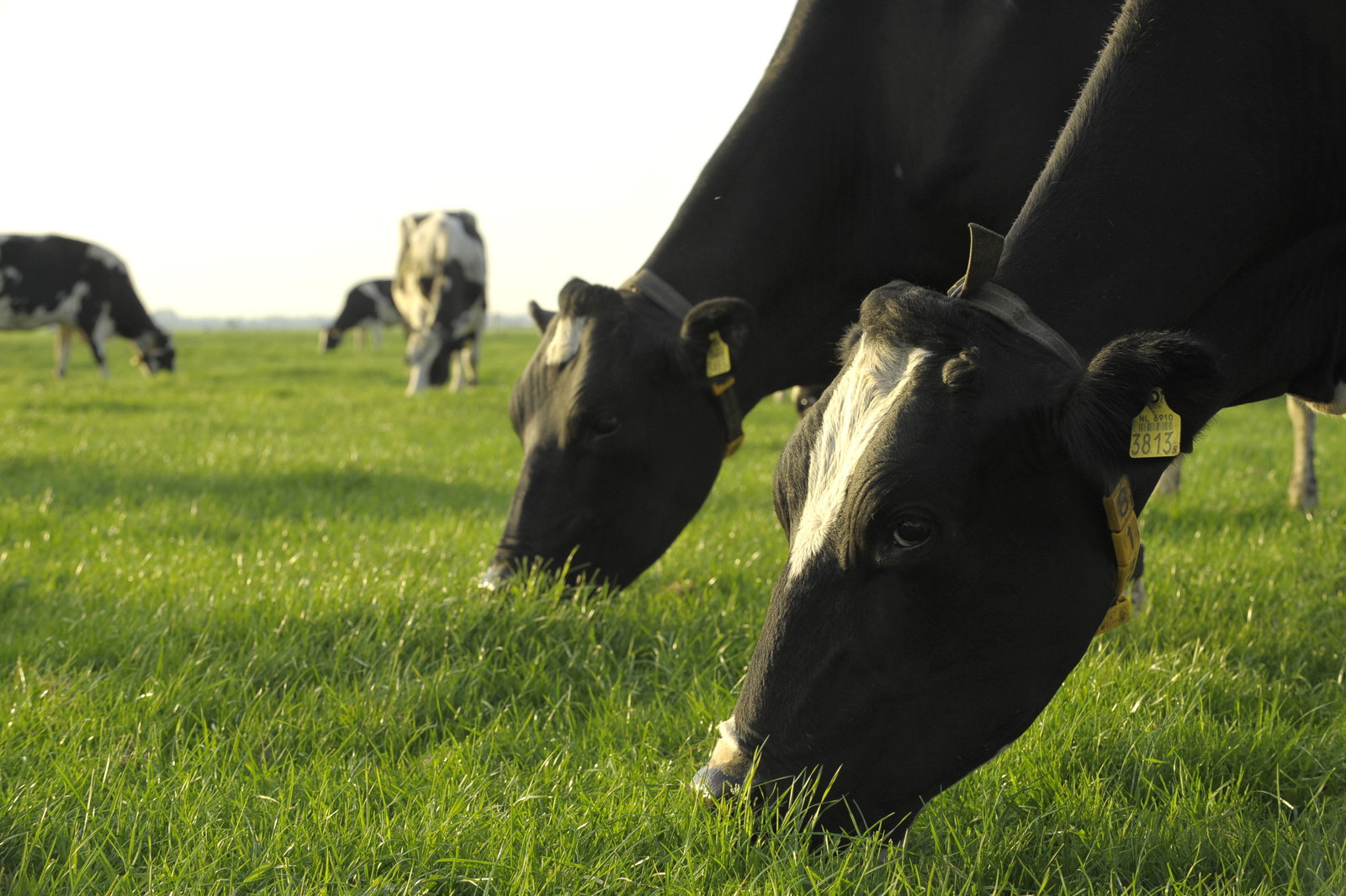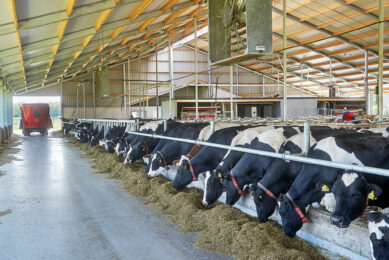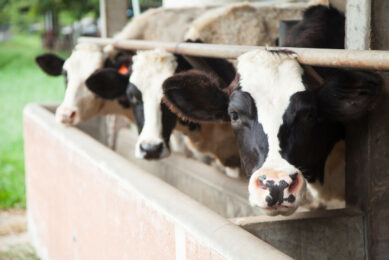New EU funded methane project: METHAGENE

The European Union will fund the METHAGENE project: a research network on the genetics of methane production in ruminants. The money is coming from the EU’s “COST” (Cooperation in Science and Technology) action programme.
Livestock production makes a significant contribution to global anthropogenic greenhouse gas (GHG) emissions. A considerable proportion of this contribution results from enteric methane released by ruminants. Many factors influence methane production in the rumen, but genetics also play a significant role.
Coordination needed
The heritability of methane production is large enough so that genetic selection may be used as a mitigation strategy. Recent technological advances in measurement of the composition of mixed gases, as well as in animal genomics, now make it feasible to implement methane selection programmes, at least in theory. However, additional research is needed, as well as coordination among researchers and the livestock breeding agencies.
Project members
METHAGENE is being led by researchers from Wageningen (Netherlands) and Aarhus (Denmark) Universities and will have a four-year duration. A project kick-off meeting was held 8 May in Amsterdam, Netherlands.
Read also: Reducing methane with efficient feeding
Source: FAO











